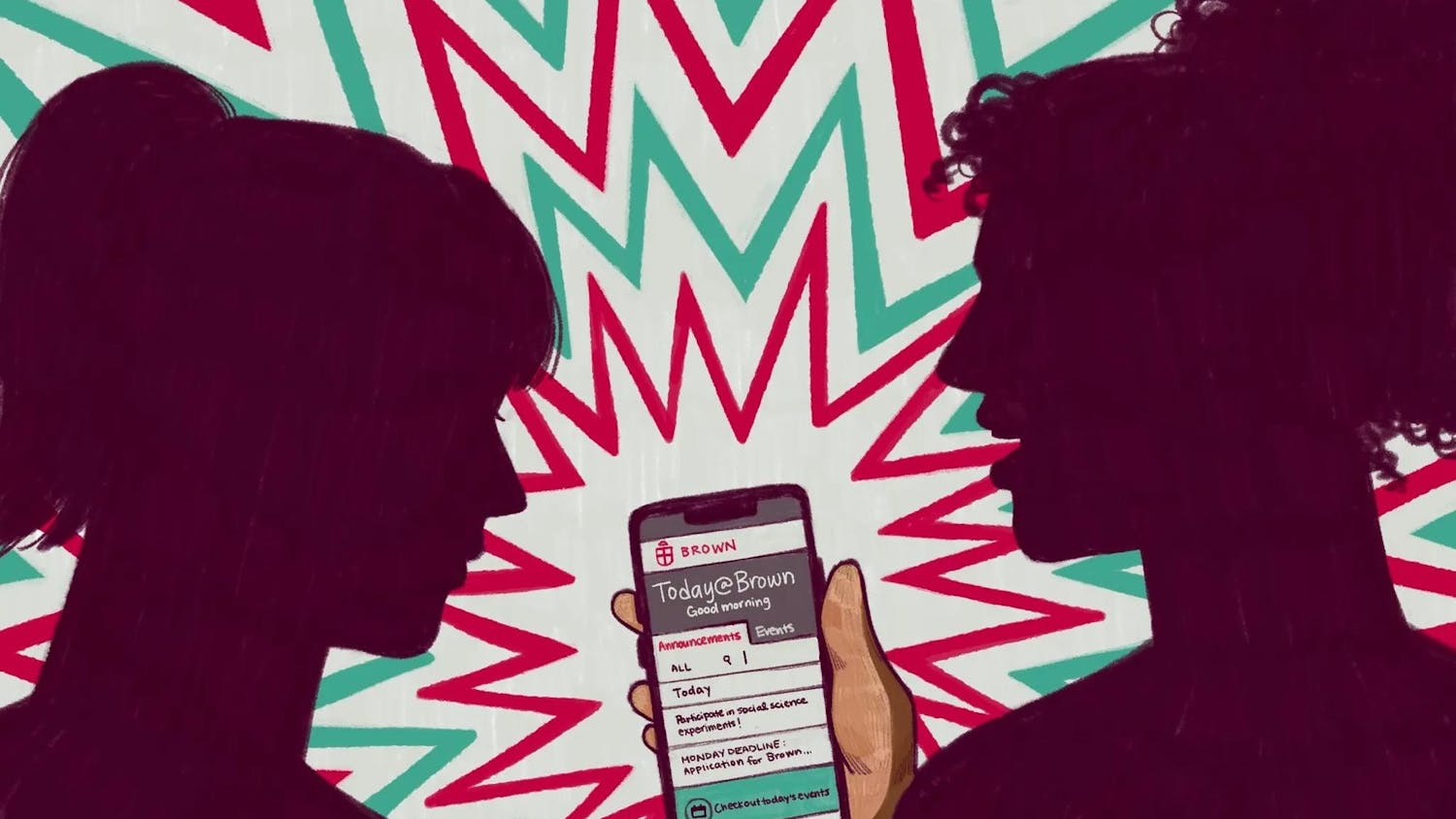In 2015, New Jersey’s Star-Ledger published an obituary for Vishal Bokka Reddy ’12, “a software engineer, a neuroscientist, a linguist who spoke four languages, a flutist and a humanist.” Reddy’s life came to an end when he was "hit by a car while jogging," just three years after graduating from the University. That’s all I know about the family that has, in part, funded my education as an Indian undergraduate at Brown.
The email informing me of my “named scholarship” arrived right on the heels of a blog post I wrote about struggling with the randomness of generosity — and even being suspicious of it. Gratitude can morph into guilt so quickly in ways that are paralyzing and corrosive, and it has taken me all my time at Brown to try to find more productive ways to think about debt.
When the University went need-blind for domestic students in 2003, President Emerita Ruth Simmons described need-blind admission as a moral compulsion. But as José Soria ’19 pointed out in a Herald op-ed last fall, the University has yet to make public a timeline for the implementation of need-blind financial aid for international students, despite being in the midst of a massive fundraising campaign. Being accepted to Brown with University financial aid remains a fraught enterprise for international students even today.
The singular improbability of my being here only exacerbated my impostor syndrome. The most literal way to pay good fortune forward was working on University fundraising, and I spent some of my first year at the Student Calling Center, making timid fundraising pitches to alumni. In general, student callers are encouraged to share personal stories with the alumni (and if I remember correctly, sometimes the graduating seniors — sorry) that they badger. My hands would get clammy just before I introduced myself and told them where I was from, worried that the person on the other end of the line would give voice to my unspoken fear: Why you?
It wasn’t until I walked into the office of the student newspaper that I felt a sense of purpose on campus. It wasn’t just the thrill of seeing one of my first stories as a senior staff writer printed in the newspaper, but the knowledge that the story likely wouldn’t have been written if I hadn’t pitched it. It was a profile of a student who had founded a sexual assault sensitization program in India, Shreena Thakore ’17. She had conducted a workshop at my high school in Bangalore my senior year and was one the reasons I ended up Googling — and applying to — Brown at all. It was a pleasingly cyclical way of coming to terms with the power — symbolic and otherwise — of representation.
I began thinking about people who weren’t in the newsroom with me — at Brown, covering diversity and student life, but also at the papers I worked at over the summer in India. My first year at Brown was marked by the Blackout, a student protest that catalyzed the creation of the University’s diversity and inclusion action plans. I began to think about all the stories that we were missing, and what my responsibility was as someone who spent their time in spaces that can be exclusionary. With every interview I did for the paper, my fellow students helped me think through the problem with regard to The Herald, Brown, the United States and journalism more broadly. The question that had haunted me shifted in my mind: Shouldn’t there be more people like me here?
I’ve been a reporter for most of my time at The Herald, and as much as I loved editing opinions, the act of expressing one here seems like poor form. In part, that stems from ethical discomfort, but also a more fundamental fear: Am I saying something when it is best for me to not say anything at all? It’s not an alien concern; I imagine many of us have felt this in the oddly ornate seminar room, losing faith in the value of our contributions before we reach the end of our sentences.
I’m discovering, as I write this, that there’s something about the linear development that a column seems to require that doesn’t seem to leave me much space to acknowledge the terror of needing lightning to strike twice — getting in and getting funded — when I filed my graduate school applications this year. Or that it took me weeks and therapist appointments to call the Reddys to thank them incoherently and let them know about this column on learning to be confident in my skin and voice. My housemates and I often joke darkly that Brown has been about the illusion of change and progress. In taking stock of all I’ve done here, sometimes the urge to want to start over is very strong, whether that’s a tough phone call or a column or all of Brown.
But there is value, I think, in capturing this snapshot of who I am and all that I have learned even as — especially as — I become increasingly aware of how much I still have yet to grow. And as I walk through the Van Wickle Gates, I’ll be telling myself that’s what commencement is about, too.





